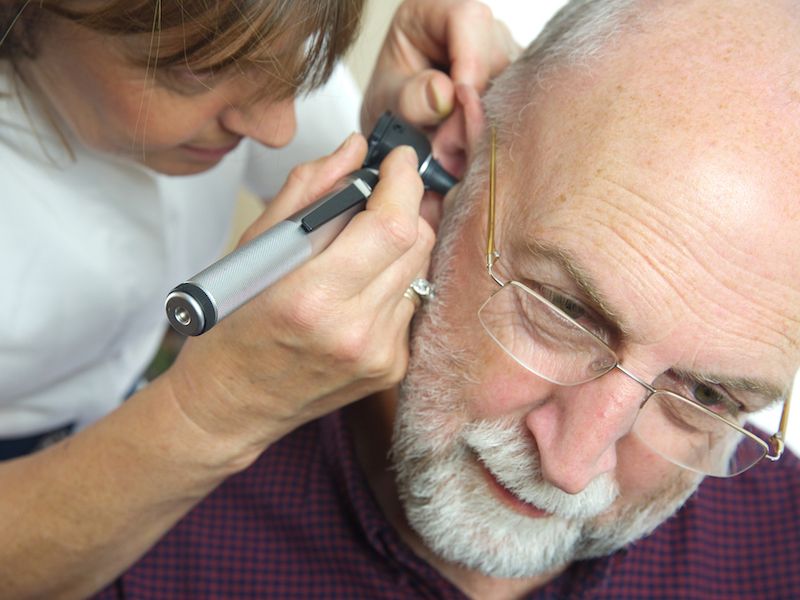
If you own eyeglasses, you know you still need to visit your eye doctor once a year, right? Because, in time, your eyes can change. The truth is, nothing in your body is static, not your eyes and not, it turns out, your ears aren’t either. That’s the reason why even after you get hearing aids, you need to keep getting your ears tested just like you do with your eyes.
Unfortunately, many people miss those regular checkups. It’s easy to forget to go in to see your hearing specialist because you’ve been too busy enjoying life. Or it’s possible that work has been stressful recently. Or it’s possible you’ve just been so satisfied with your hearing aids that you haven’t had a reason to go back in. You would usually think of that as a good thing.
For many individuals with hearing damage, even one reexamination appointment becomes nearly more important in the long run. In spite of that, regular attention is often ignored. According to one survey, only 33% of seniors with hearing aids also used regular hearing services.
After You Have Hearing Aids, Why Would You Need to Get Normal Checkups?
Your hearing is not static. Over time it changes. When these changes occur, you need to adjust your hearing aids to compensate. Periodic testing helps monitor any changes in hearing and catch problems early.
And that isn’t even the only reason why it could be a good idea to show up for regular appointments with a hearing specialist once you have your hearing aids. Some of the most common reasons to ensure you show up to your next appointment include:
- Deterioration of hearing: Even if you use a hearing aid, your hearing could continue to deteriorate. If this deterioration is happening over a long period of time, you probably won’t know it’s occurring without the help of a hearing assessment. Appropriate alterations to your hearing aids can often slow hearing declines.
- Hearing aid calibration: There may be need for annual calibration of your hearing aids because of tiny changes in your hearing despite the consistency of your general hearing. Your hearing aids could progressively become less reliable if you ignore this kind of calibration.
Along with monitoring changes in your hearing, it’s essential to periodically have a professional cleaning. We can help make sure your hearing aid is working the way it should, clean all the small parts and keep it in peak condition.
If You Don’t Follow up With Routine Check Ups There is a Consequence
The ultimate worry, here, is that eventually, the hearing aids will quit working the way they’re designed to, so you’ll become aggravated with them and stop wearing them altogether. Using hearing aids helps you hear better, without a doubt, but it also impacts your general health. You may not recognize it immediately, but your hearing might decline quicker if you stop wearing your hearing aids. Neglected hearing loss has been connected to countless health issues including cognitive decline and a greater risk of accidents.
In terms of having your hearing aids performing at an optimal level, regular exams are your best choice. Yearly hearing assessments or screenings can help you be certain your hearing aids are functioning in the way they should and that your hearing remains safeguarded. So now it’s time to schedule your hearing appointment.
